What Kind of Leadership Could Bring Social Justice to the Philippines?
We Filipinos face, at this juncture in our socio-political evolution as a people, some of the following nagging questions about justice.
- What and where is justice if those who are supposed to uphold, administer and render justice where it is due have miserably bungled justice and made a mockery of it?
- Who are the credible and respectable dispensers of justice, when the government’s stronghold of justice has collapsed and disintegrated into smithereens?
- What if the “authorized” lawmakers and definers of justice have made the very concept—and hence the spirit—of justice equivocal?
- What if the most genuine definition of justice is best understood in rational terms and held morally sacred by the people themselves?
- Are we not confident that a nation’s people is more intelligent, rational, creative, moral and decisive than the so-called ¨legal luminaries¨ who have turned the trek towards justice into a Herculean struggle?
- Do we underestimate those organic intellectuals (cf. Antonio Gramsci) among the people?
- Do Filipinos lack the discipline to adhere to strong principles and the sense of justice to make these principles pragmatic in daily life?
To deal with matters as complicated as these requires a sober focus on the issue that does not center only on the Filipino per se. There are certain socio-political forces that operate along the way on the whole gamut of the Philippine condition, and these forces have been internalized in the Filipino cultural apparatus through time. Basic to all these is the long-running economic disempowerment to which the common Filipino has been subjected for generations. In this consideration, we should also look at how systemic violence has plagued the Filipino. If we don’t get into the nitty-gritty of this matter, there is a real possibility that any superficial look into the Philippine situation would lead us to inaccurate conclusions.
It is more appropriate at this point to analyze and evaluate the Filipino attitude towards discipline and justice in light of a more general consideration of her/his personhood as well as her/his concrete socio-cultural location. This is the fair way to evaluate the Filipino’s human dignity. In simple terms, we say that we cannot reasonably deal with the matter by abstracting the person from the place. As a case in point: the Filipino who operates in a better socio-cultural milieu is responsible, disciplined and has a more defined sense of justice. This reality has been proven time and again when s/he finds employment or a place of residence in another society that is culturally more advanced in its social evolution.
Returning to our examination of the “evil” forces that have driven the Filipino to a life where discipline and justice are wanting and non-operational, we find along the way the real significance of accepting the fact that liberation is not only personal but systemic. Who will take the vanguard and lead the way to systemic liberation? This brings us to a discussion of the issue of leadership triggered by the question: can leadership come from the masses?
Leadership can emanate from the masses, and history proves this, even without going far from the Philippine situation. The inaugurator of the Philippine Revolution of 1896, the great Andres Bonifacio, was a leader who came from the people. Going a little farther, the masses also brought forth Mao Zedong of China and Ho Chi-Minh of Vietnam. These are paragons of responsible, disciplined and just leadership, devoid of the manipulative and exploitative streaks commonly found in dominating taskmasters who cannot identify themselves with the masses. They are shining examples of authentic pro-people leaders who are fellow bearers of the people’s interests and aspirations.
A glimmer of hope such as this on the horizon could, sooner or later, engender a new revolutionary spirit at the most propitious moment in our nation that has long been exploited, impoverished and weakened by powers inside and outside its geographical boundaries.
Editor’s Notes: All photographs by Daniel Go.
Related Articles

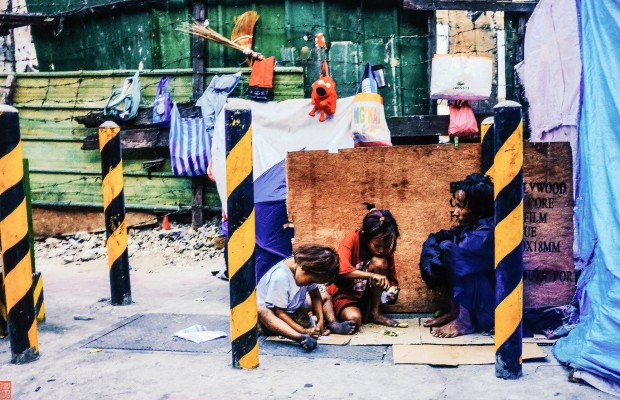
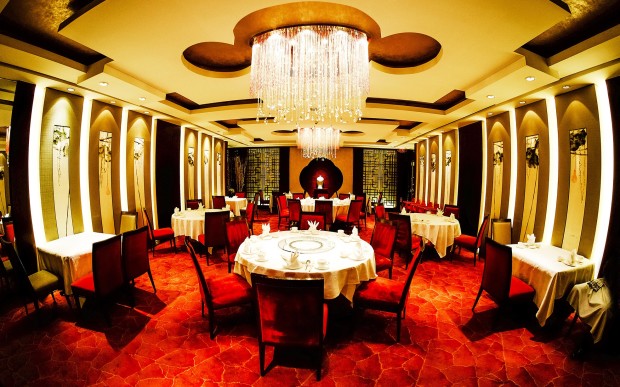
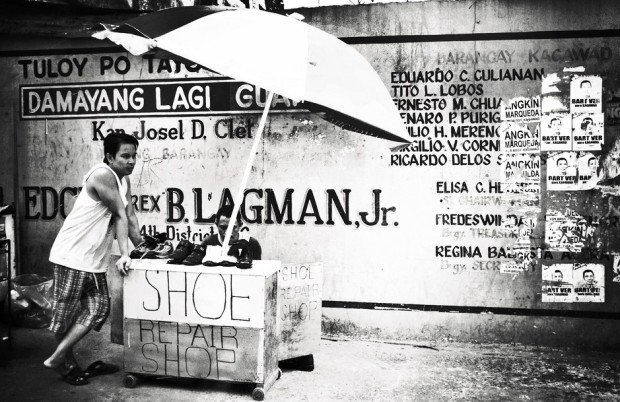
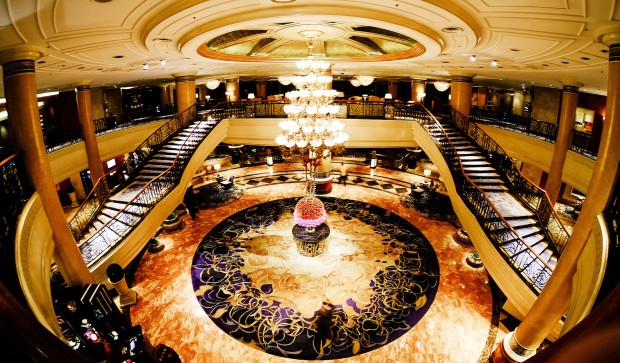
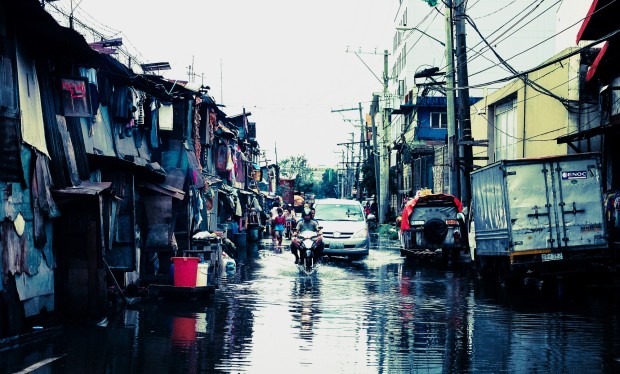
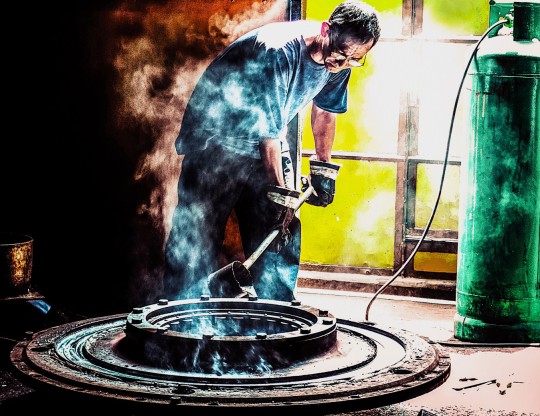
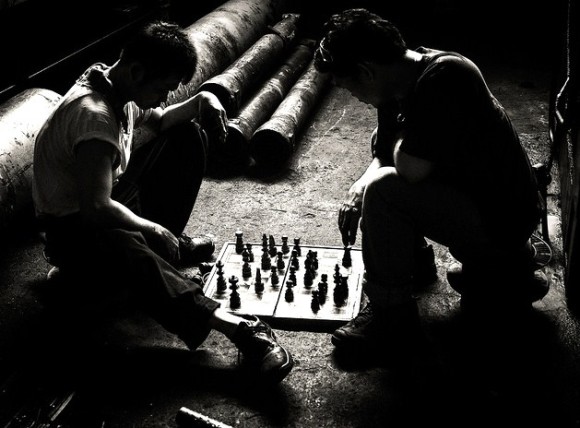











14 Responses to What Kind of Leadership Could Bring Social Justice to the Philippines?
You must be logged in to post a comment Login